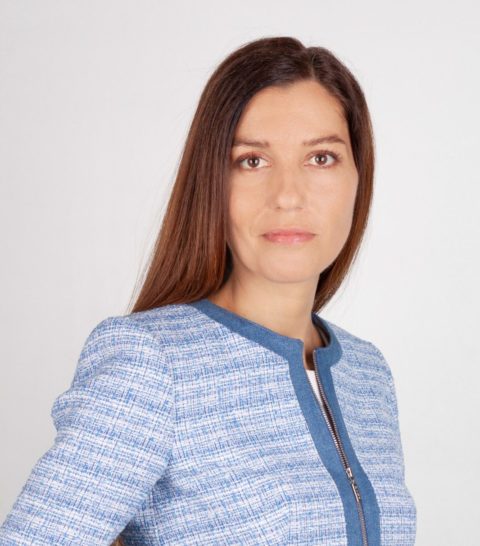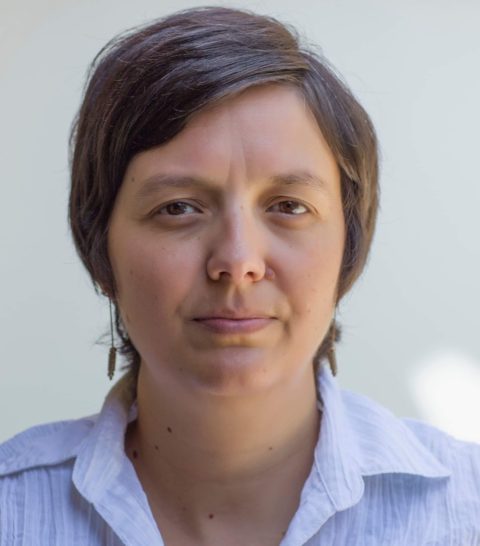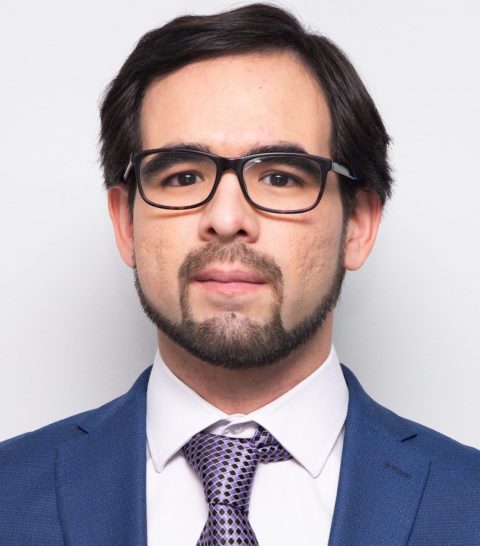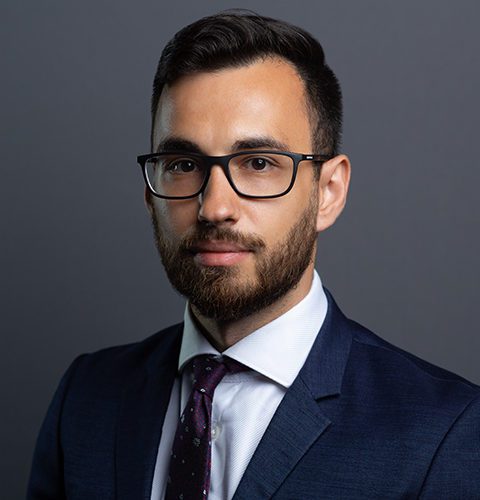Child Abduction Proceedings in Bulgaria under the Hague Convention
12 August 2020Private Clients, Family and Children
In this note, we describe proceedings under the Convention on the Civil Aspects of International Child Abduction (Hague Convention or Convention) from a Bulgarian perspective. The Hague Convention intends to facilitate the process of returning abducted children to the place of their habitual residence. There are 101 state parties^1, and Bulgaria joined in 2003.
Of note, when EU Member States are concerned, Council Regulation (EC) No 2201/2003 (Brussels II bis or the Regulation)^2 also applies. Per Article 60(1)(e) of Brussels II bis, it takes precedence over the Convention in matters governed by the Regulation. The Regulation deals with procedural questions like jurisdiction, recognition, and enforcement, and the Hague Convention provides substantive law that applies to the case. Therefore, where the Convention deals with the same procedural questions, it is now superseded by the Regulation.
The Regulation does not apply to an abduction concerning a non-EU country.
International child abduction is a hugely emotive issue and the circumstances around it or the dispute it helps fuel can be traumatic for the child (and the parties involved, who are most commonly a taking-away and a left-behind parent). Unlawful cross-border removal or retention of children is increasingly common as parents move across borders themselves and there are typically in the region of 100 applications annually that are initially made for a return of a child taken to or retained in Bulgaria.
Here we focus on situations where a Bulgarian court has jurisdiction and hence Bulgarian procedural rules apply. We hope this note to be of use to parties (usually parents) or to our colleagues in other jurisdictions.
Scope of the Hague Convention
The Hague Convention’s goal is to secure the prompt return of children wrongfully removed or retained. It applies to any child who was habitually resident in a Contracting State (of which there are currently 101 as above) immediately before any breach of custody or access rights, but ceases to apply when the child becomes 16 years old.
Per Article 19, a decision under the Convention concerning the return of the child is not meant as a determination of the merits of any custody issue.
The return presumption
The Convention effectively relies on a presumption that once an applicant establishes their standing, once certain procedural thresholds are met, unless one of the reasons not to order a return applies, the court dealing with the application – in Bulgaria the first instance court in Convention applications is invariably the Sofia City Court (SCC)- will order the return of the child.
A removal or retention is wrongful where, both of the following apply:
- it is in breach of rights of custody under the law of the State in which the child was habitually resident immediately before the removal or retention; and
- at the time of removal or retention those rights were actually exercised, either jointly or alone by the applicant, or would have been so exercised but for the removal or retention.
In the situation where two parents both reside in a Contracting State (Country A); both enjoy full custody rights; and one of the parents takes the Child to another Contracting State (Country B) without the second parent’s consent, the removal from Country A to Country B would constitute an international child abduction under the Convention and the court would look at ordering the Child’s return to Country A, where of course issues of custody and the future place of residence of the child may be decided. This may result in the child ultimately being returned to live in Country B, but it is for the courts of Country A to make that determination.
Similarly, a child may be wrongfully retained in Country B. Here, while at first the Child crossed international borders lawfully, its being kept in Country B without continuing consent etc, becomes unlawful.
If the requested court or administrative body finds the retention or removal of a child to be wrongful, it orders its return.
Grounds for refusal
Even if it is established that the retention or removal is wrongful, the requested State (Country B) is not bound to order the return if the opponents of return establish any of the following:
- the person, institution or other body having the care of the Child in Country A was not actually exercising their custody rights at the time of removal or retention, or had consented to or subsequently acquiesced in the removal or retention; or
- there is a grave risk that the return would expose the Child to physical or psychological harm or otherwise place the child in an intolerable situation.
The sections underlined and in bold above are the key battlegrounds in Bulgaria for deciding return applications. The opposing party may argue both group of factors above. Eg, where the left-behind parent applicant is the father, it is often argued that he is violent or otherwise harmful to the child. The harm argued can be of a very wide-ranging nature. Eg, it can concern the overall security in Country B and the level of crime; the psychological environment in which the child is to be presumably returned; the character of the left-behind parent; his financial means and the living arrangements he can secure; whether and to what extent the child would experience a shock or trauma from the return (irrespective of whether it was placed in the situation by the abducting parent); whether any siblings of the child living with it in Country B will be returning as well and whether it will live apart from them and from the abducting parent and the effect of that, etc.
Also, where the proceedings are commenced after more than one year after the abduction, if the Child is now settled in its new environment, even if unlawfully abducted, the court may rule against its return.
Bulgarian procedure
In applying international law (including the Convention), Bulgaria is a monistic state – the Hague Convention is directly applicable in its territory. Pursuant to the Child Protection Act 2000 (CPA), the Sofia City Court is competent.
The Convention provides for the designation of so-called central authorities (CAs) whose task is to assist in such proceedings. In Bulgaria, the central authority is the Ministry of Justice (MOJ), which employs a busy team of case-workers. CAs cooperate with each other to secure the prompt return of children. In particular, CAs may help with discovering the whereabouts of the child after abduction (if these are not known); help serve proceedings on the abducting parent. They are also very helpful with matters such as arranging for translations.
The applicant is entitled to be represented by legal counsel he or she appoints and such counsel has authority to represent and is dedicated to the pursuit of the applicant’s case. NBLO regularly represents applicants and we do so cooperatively with the MOJ.
In addition to the parties, the MOJ, lawyers for the applicant and the opposing parent, the proceedings include also the state prosecutor, and social services who are expected to provide an opinion on the child’s situation. This sadly tends to be often not very well-researched and gives the impression that it is biased against the foreign-resident parent.
The SCC may order interim measures to protect the child, either on a party’s request or off its own bat. These may also include access to the child during the proceedings by the left-behind parent, though these tend to be complicated to enforce.
A key element in deciding the case is evidence including that of a court-appointed expert who reports on questions set by the court after argument by the parties. The expert report often becomes a central part of the dispute and the interaction with the expert; the provision to the expert of information and written materials (including any past expert views) can be crucial to outcome.
The SCC is required to hand down its judgment within one month, but this is typically never followed. It usually takes 6-12 months for a judgment to be delivered at first instance.
The decision of the SCC may be appealed to the Sofia Court of Appeal (SCA) within 2 weeks from service on the respondent. The SCA is also instructed by law to deliver its decision within one month but tends to do so within 3-4 months of appeal.
The SCA’s decision is final and cannot be further appealed.
Further questions
New Balkans Law Office regularly advises and represents parties in child abduction proceedings under the Hague Convention. In the last year we have represented approximately 10% of all left-behind parents. The parents we have been involved with advising have had connections with Texas, USA; Algeria; the UK; South Africa; Switzerland and Italy, as well as Bulgaria.
We have succeeded in persuading the SCC in favour of a return in approximately ⅔ of cases in challenging factual situations and against very robust and well-funded opponents.
New Balkans Law Office also advises in international child and family matters and more generally in disputes with cross-border implications of all types.
If you have any further questions on these matters, please do not hesitate to contact us.
Footnotes:
1 See https://www.hcch.net/en/instruments/conventions/status-table/?cid=24 (accessed on 11 August 2020).
2 Council Regulation (EC) No 2201/2003 of 27 November 2003 concerning jurisdiction and the recognition and enforcement of judgments in matrimonial matters and the matters of parental responsibility, repealing Regulation (EC) No 1347/2000.












